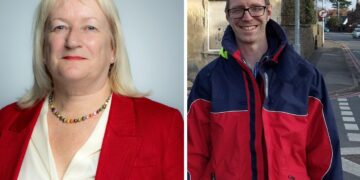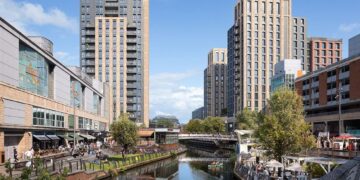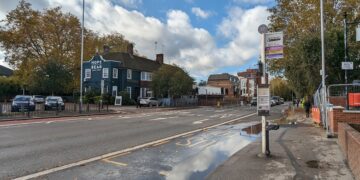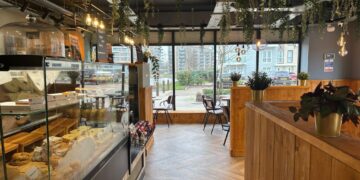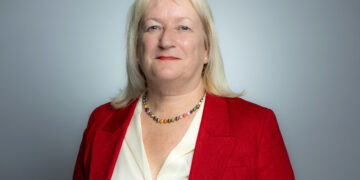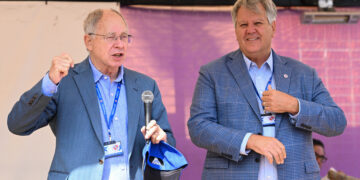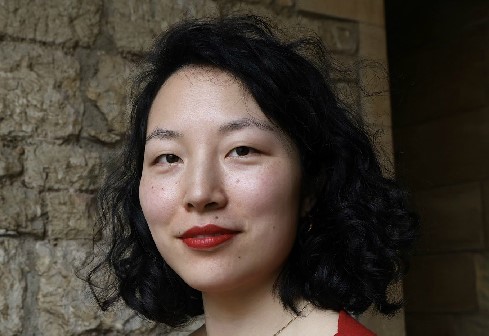When I was standing for election last July, one of the biggest issues that came up on the doorstep was the NHS. In particular, residents want better access to GPs, to end the 8am appointment booking rush, and to lower waiting times. That’s why in my first year of being your Member of Parliament, I’ve made supporting primary care one of my focuses.
Primary care is vital because it is, as the name suggests, the first port of call for most people. GPs, nurses, pharmacists and paramedics, along with medical support staff, are on the front line of health care. I see my work with GPs as going hand in hand
with my work in Parliament campaigning for the rebuilding of the Royal Berkshire Hospital. I was glad to welcome the Health Secretary, Wes Streeting, to the RBH last month alongside my fellow Reading MPs to see the new Urology Unit, and we took the occasion to discuss the next steps for the rebuild.
While we must improve our secondary care facilities, many people might not end up in hospital at all if we were to improve and extend primary care.
I’ve made it my target to meet all the GP surgeries in my constituency in order to understand their needs and learn from what they are doing. When I’ve spoken to GPs, one of the biggest changes that they have highlighted is increased demand for appointments.
The number of appointments made has increased around 20% since 2019, and some of this is driven by increased health anxiety, although health outcomes have remained generally good in our area.
GPs have also made clear that we need to expand the primary care estate; in other words, have more space for GPs to see patients. Many of the surgeries are in buildings that are now too small and that haven’t got space for the practice to grow.
Very soon, I will be meeting Wes Streeting to discuss how we can work together with the NHS and local GPs to grow the NHS estate.
Even though the number of appointments has increased, the GPs have worked hard to make sure people are seen by the right person. By allowing some patients to be seen by paramedics or nurses in the practice, it means that GPs are freed up to deal with the most complex conditions and means that patients are seen much quicker overall. When I visited the Lower Earley ASDA pharmacy, I was impressed with the Pharmacy First Scheme, which allows pharmacies to prescribe treatment for many common conditions. I’ve used it myself too. Not everybody knows about this, and it is under-used, but it’s a great way to save time and avoid booking an appointment at the GP.
Using technologies like Anima in the triage process has allowed GPs to prioritise those that are most poorly, as opposed to the people who call at the right time. But I know many residents have raised concerns about switching from phone calls to a website or app. I want to remind everyone that all surgeries are still able to book patients in over the phone too.
There’s a lot to do to shift the NHS to being neighbourhood-based and prevention-focussed. But there’s a lot our hard-working healthcare staff are already doing in our area, from community groups for diabetes management to pop-up health screenings in community centres.
When the head of Primary Care at NHS England joined me to visit GPs in the constituency, she mentioned this was the first invite she’d received from an MP before. The Government’s extra £25.7 billion investment in the NHS across 2024- 2025 is already paying dividends, with waiting lists falling for the first time since before the Covid pandemic. As an MP I am excited about continuing to work with everyone involved to support the much-needed improvements that have already started.
If you didn’t manage to join our NHS community consultation earlier this year, please do share your views about the NHS by emailing my office at: yuan.yang.mp@parliament.uk.
Yuan Yang is Labour MP for Earley & Woodley


